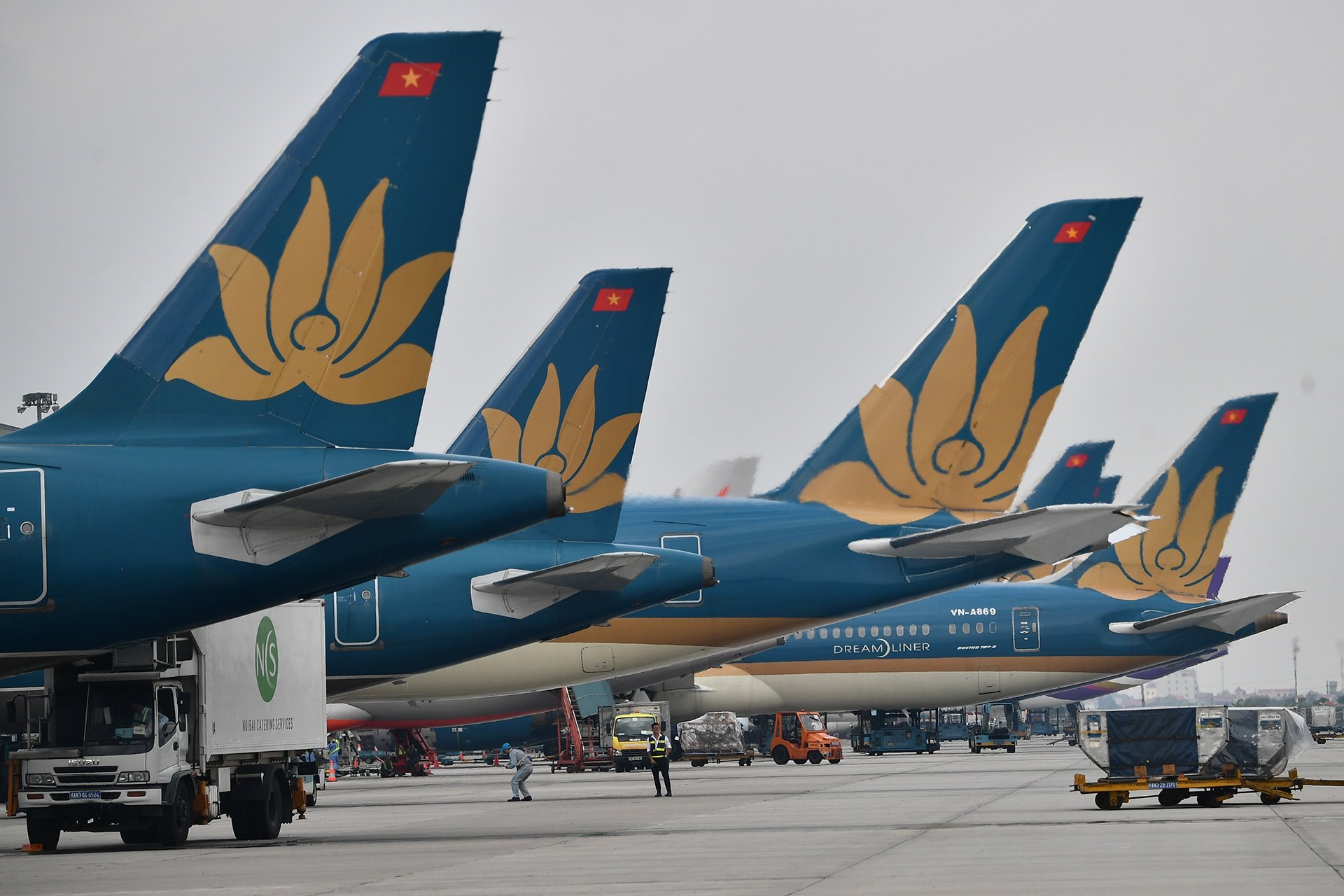“Airlines are fighting for survival in every corner of the world. Travel restrictions and evaporating demand mean that, aside from cargo, there is almost no passenger business. For airlines, it’s apocalypse now. And there is a small and shrinking window for governments to provide a lifeline of financial support to prevent a liquidity crisis from shuttering the industry,” said Alexandre de Juniac, IATA’s Director General and CEO.
In a matter of days, the crisis facing airlines worsened dramatically. We are 100% behind governments in supporting measures to slow the spread of COVID-19. But we need them to understand that without urgent relief, many airlines will not be around to lead the recovery stage. Failure to act now will make this crisis longer and more painful. Some 2.7 million airline jobs are at risk. And each of those jobs supports a further 24 in the travel and tourism value chain. Some governments are already responding to our urgent calls, but not enough to make up the $200 billion needed,” said de Juniac.
 In Vietnam, Airports Corporation of Vietnam (ACV) has announced it will reduce airline service fees for six months to support airlines suffering from the COVID-19 pandemic. (Photo: supplied).
In Vietnam, Airports Corporation of Vietnam (ACV) has announced it will reduce airline service fees for six months to support airlines suffering from the COVID-19 pandemic. (Photo: supplied).
IATA is proposing a number of options for governments to consider. They include:
- Direct financial support to passenger and cargo carriers to compensate for reduced revenues and liquidity attributable to travel restrictions imposed as a result of COVID-19;
- Loans, loan guarantees and support for the corporate bond market by governments or central banks. The corporate bond market is a vital source of finance, but the eligibility of corporate bonds for central bank support needs to be extended and guaranteed by governments to provide access for a wider range of companies.
- Tax relief: Rebates on payroll taxes paid to date in 2020 and/or an extension of payment terms for the rest of 2020, along with a temporary waiver of ticket taxes and other government-imposed levies.
“A growing number of governments in Asia-Pacific, including Australia, New Zealand, Singapore, have announced financial relief packages for the airline industry and we are grateful to them for the assistance rendered during this dark period for the airline industry. But we need more governments to come on board to support the airline industry serving their markets,” said Conrad Clifford, IATA’s Regional Vice President for Asia Pacific.
“There are over 30 million jobs supported by the aviation industry that are at stake. Also at risk is the aviation connectivity that is needed to support supply chains, the flow of essential goods and medical supplies, as well as repatriation flights to bring home citizen stranded overseas,” said Clifford. “And the country will need a viable aviation sector to support the economic recovery of the country, connect manufacturing hubs and support tourism when we get through the COVID-19 crisis.”
Examples of measures announced include:
- Australia has announced an A$715 million (US$430 million) aid package comprising refunds and forward waivers on fuel taxes, and domestic air navigation and regional aviation security charges.
- New Zealand’s government will open a NZ$900 million (US$580 million) loan facility to the national carrier as well as an additional NZ$600 million relief package for the aviation sector specially to ensure continuity in air freight capacity.
- Singapore has undertaken relief measures valued at S$112 million (US$82 million) including rebates on airport charges, assistance to ground handling agents, and rental rebates at Changi Airport.
IATA estimates that the COVID-19 crisis will reduce passenger demand in Asia-Pacific by 37% this year compared to 2019, with a revenue loss of US$88 billion. This is based on a scenario where severe restrictions on travel are lifted after 3 months, followed by gradual recovery.
In Vietnam, Airports Corporation of Vietnam (ACV) has announced it will reduce airline service fees for six months from March to August to support airlines suffering from the COVID-19 pandemic.
ACV decided to reduce fees for a range of airline services at airports, including service fees for aircraft navigation (cut by 50 percent); and pipe ladder services, carousel rentals, automatic baggage handling, check-in counters and ground services (by 10 percent).
In addition, ACV, which operates more than 20 airports across the country, will waive office rental fees for airlines that have stopped flying, and reduce fees by 30 percent fees for airlines that are still operating flights. ACV will also waive fees for some specialised aviation services.
Vietnam Ministry of Transport has also asked the Ministry of Planning and Investment to report to the Prime Minister about the proposed reduction of 50 percent for fees for takeoff, and landing and aircraft operating services for domestic flights.
IATA
Nguyen Xuan Nghia – COMM











